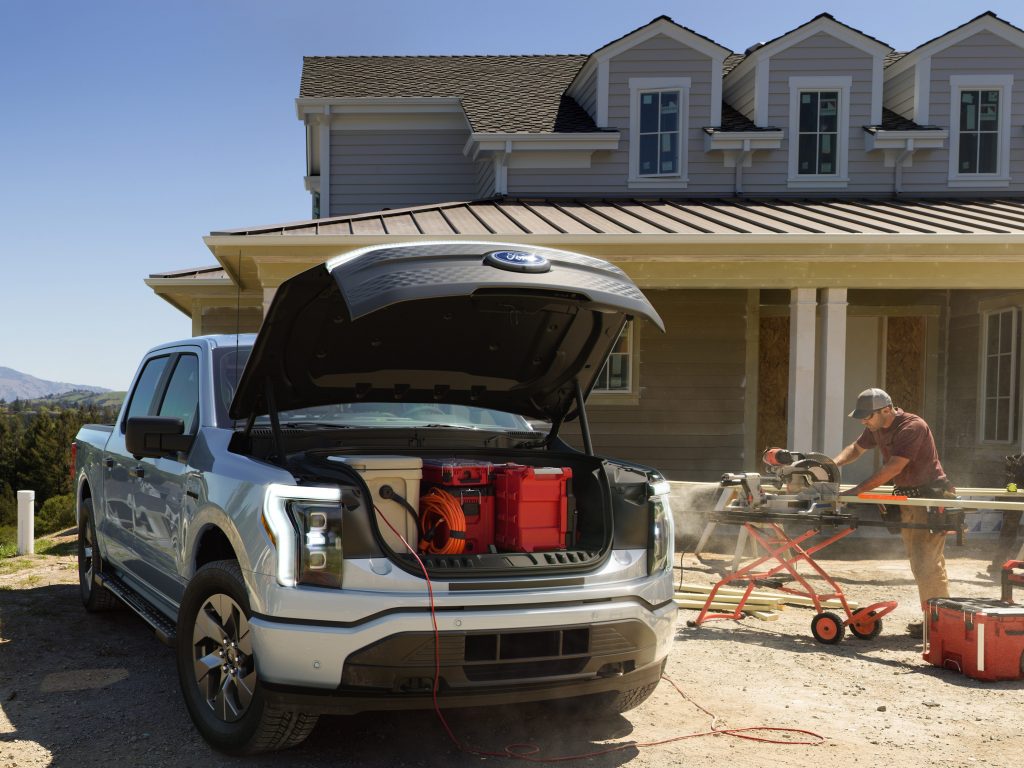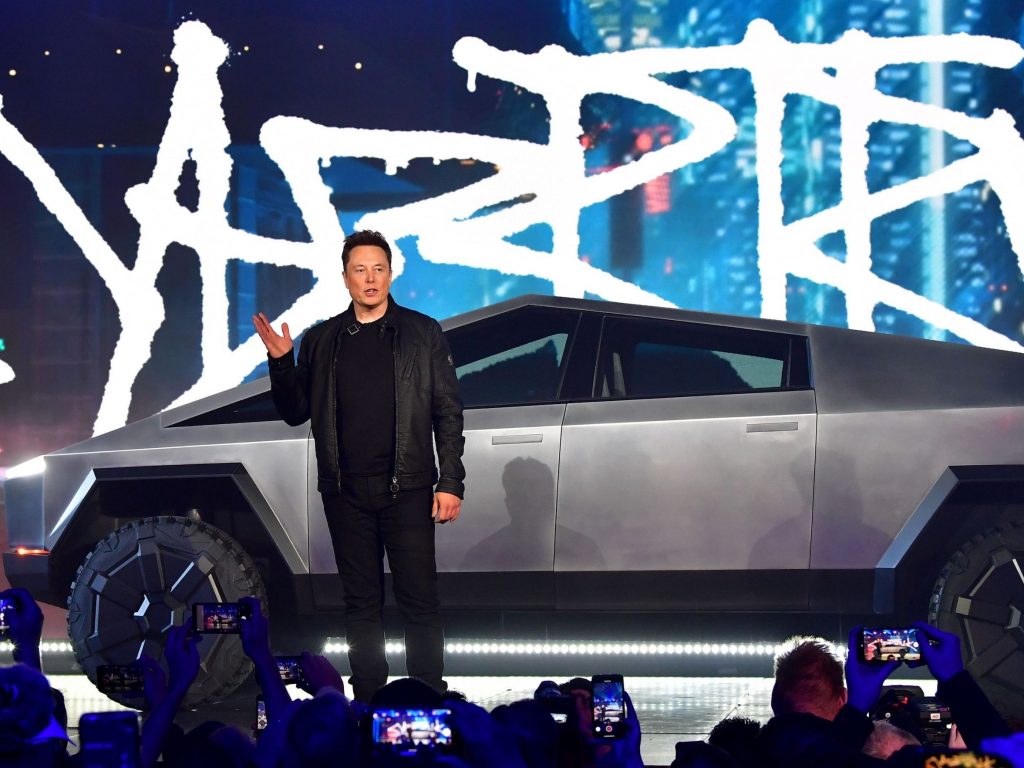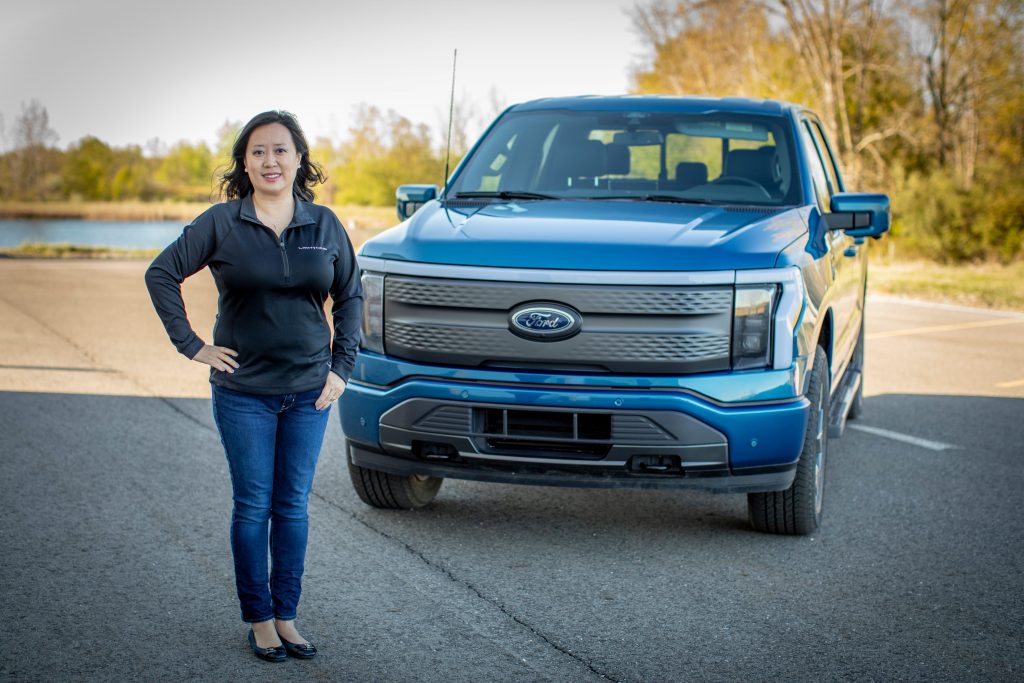- Linda Zhang led the team that made Ford's first electric truck.
- The F-150 Lightning has had 200,000 orders and helped create a new generation of truckers.
- Zhang said beating 'range anxiety' and demonstrating the truck's towing strength were crucial.
Ford's F-150 has been the best-selling truck in the US for 45 consecutive years, and the most popular vehicle overall for no less than four decades.
While getting drivers of passenger cars to go electric has been reasonably simple, convincing buyers that an electric truck can match their gas-powered equivalents in range, payload, towing capacity, durability, and reliability is much more of a challenge, the AAA's Greg Brannon told Insider.
The woman rising to that challenge for Ford is Linda Zhang, the chief engineer of Ford's electric version of the F-150 called the Lightning.
There have been 200,000 orders for the truck, and the level of interest prompted Ford to almost double production to 150,000 a year, but buyers still face a three-year wait to get behind the wheel. It's also been a hit with critics.
Hearts and minds
So how have Zhang and her team been able to convince truck-loving Americans to go electric?
With a background in engineering, finance, manufacturing, and strategy at Ford, Zhang worked on the Ford Explorer and Escape SUVs before getting the call that Ford wanted her to push forward with an electric version of the hugely popular F-150.
But Zhang, who joined Ford 26 years ago on the company's graduate program, told Insider simply replacing the gas-powered model with an electric version wouldn't work.
"You have to change hearts and minds. Minds are something you can do with dollars - EVs are cheaper to operate. But what do we do with a vehicle to change hearts?"
Before getting to that point, Zhang first had to persuade Ford employees, many of whom she said were skeptical about the very idea of a plug-in F-150.
"We had several people on the team that would say "I'll work on this project but I'm never going to be one of your customers'," she said.

The first obstacle was overcoming the biggest barrier to EV adoption: range anxiety.
In focus groups, Zhang said most customers realised they typically needed less than 200 miles for one trip. The cheapest version of the Lightning model, the Pro SR, has a range of 230 miles, rising to 320 miles for more expensive versions.
Zhang, who owns a Lightning, recalled how she was able to drive her 18-year-old daughter on a 300-mile trip to her first semester of college with a brief stop to recharge on the way.
Towing was the other major barrier, as many potential customers feared the electric version would not have the same power as the petrol-fueled equivalent. Early customer reviews though, appear to have dismissed those concerns.
Its dual use as a back-up generator was a further bonus for buyers, Zhang said.
Those sceptical Ford employees were soon adding their names to waiting lists, including an engineer she said saved a wedding after a power outage by plugging in a Lightning.
New generation of eco-truckers
Ford has beaten competitors like Tesla's Cybertruck to market, and with a starting price of $39,000 the Lightning is the cheapest electric truck available in the US – nearly half the price of the Rivian R1T.

As well as slowly convincing drivers to go electric, Zhang said the plug-in F-150 is winning over a new generation of more environmentally conscious, and diverse, drivers.
"I would say at this point the customer profile is dramatically younger. It's in states like California and New York that we normally don't sell full-size trucks," Ford CEO James Farley said on an earnings call in April.
Its popularity will come as a relief to Ford following its $1 billion investment in the truck and hiring thousands of employees to get the vehicle into production.
"The significance of the F-150 Lightning in modern automotive manufacturing cannot be overstated," said the AAA's Brannon.
"The F-150 has consistently been one of the most popular vehicles in the U.S for many years – the electrification of this model represents a major step in the mass production and adoption of electric vehicles."
He added: "These buyers will vocalize their experiences whether they are positive or negative, which will have a significant impact on convincing others whether or not to consider an electric vehicle for their next vehicle purchase."
